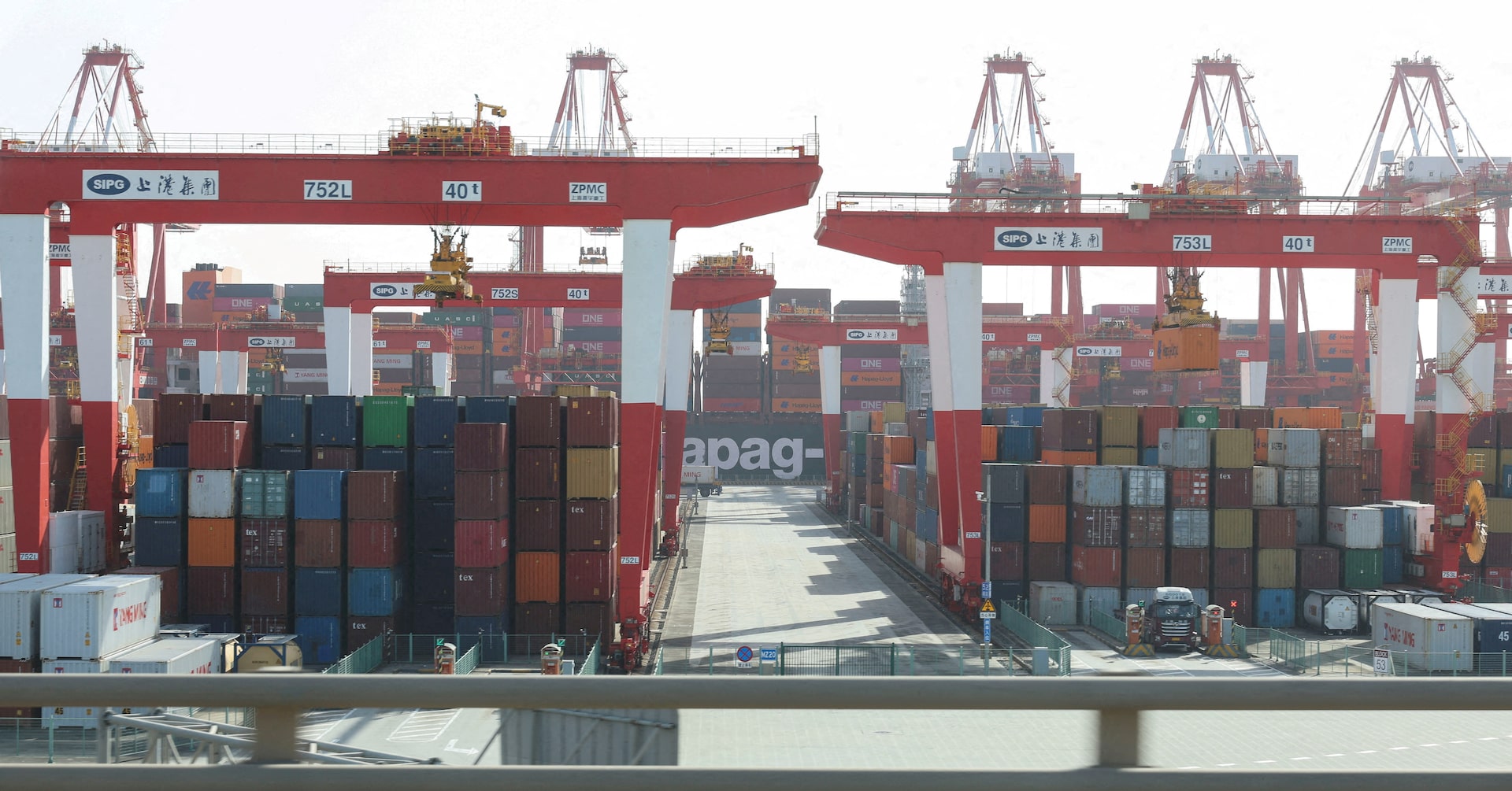Pharma Giants Breathe Easier: China Tariff Exemptions Offer Lifeline to American Companies

In a promising development for international pharmaceutical trade, the American Chamber of Commerce in Beijing announced on Friday that pharmaceutical companies have successfully navigated recent import challenges. Over the past week, these firms have managed to bring critical medications into China, benefiting from strategic tariff exemptions.
The breakthrough comes as a welcome relief for pharmaceutical businesses operating in the complex landscape of Sino-American trade relations. By securing these tariff exemptions, companies can now more efficiently deliver essential drugs to the Chinese market, potentially improving healthcare access and reducing costs for patients.
This latest update signals a potential easing of trade tensions and offers a glimmer of hope for smoother cross-border pharmaceutical exchanges between the United States and China. The successful import of drugs under these exempted tariff conditions demonstrates the ongoing diplomatic and economic negotiations between the two nations.
